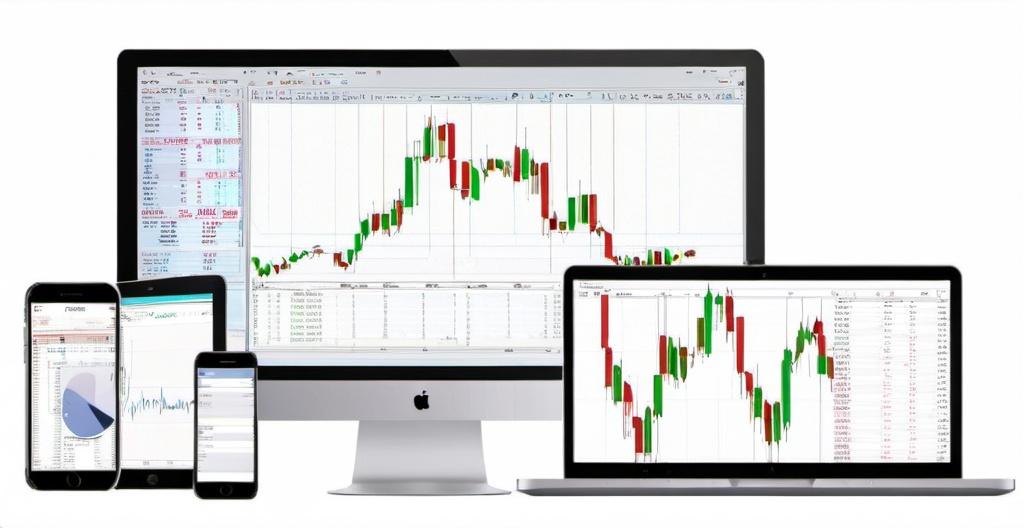Forex Trading in Kenya
- Written by: admin
- Category: Uncategorized
- Published: August 29, 2025
Forex trading has been steadily gaining traction in Kenya over the past decade. With more accessible internet connections, mobile payment systems like M-Pesa, and an increasing number of licensed brokers, retail traders now have direct access to the global currency markets. What was once seen as a niche activity has become a mainstream way for Kenyans to try their hand at active trading.

Regulation and Safety
The Capital Markets Authority (CMA) regulates forex trading in Kenya. This step was crucial, as it reduced the risks associated with unregulated offshore brokers that often targeted retail traders. A CMA license means brokers must follow strict guidelines on transparency, client fund security, and reporting. While many traders still use international brokers, locally regulated firms are seen as safer since disputes can be handled under Kenyan law.
Access and Technology
One of the biggest drivers of forex trading growth in Kenya is mobile accessibility. Many brokers integrate seamlessly with M-Pesa, making deposits and withdrawals fast compared to traditional banking channels. Platforms like MetaTrader 4 and MetaTrader 5 are common, offering charting, technical indicators, and automated trading options. The rise of smartphone trading apps has made it possible for traders to manage positions from anywhere, which fits the Kenyan market’s mobile-first culture.
Risks and Considerations
While forex trading offers opportunities, it also comes with significant risks. Leverage, often marketed as a selling point, magnifies both profits and losses. Many beginners underestimate how quickly an account can be wiped out by poor risk management. Education is another gap—too many traders jump in chasing fast money without learning about position sizing, stop losses, or strategy testing.
Why Education Matters
Traders who invest time into learning the basics—market structure, technical analysis, risk management—tend to last longer in the market. Kenyan universities and training institutions are beginning to offer short courses, but much of the education still comes from online resources and communities.
Where to Learn More
For those looking to understand the forex trading scene in Kenya, the website forex.ke provides updated insights on brokers, regulations, and trading practices that apply directly to the Kenyan market.
Final Thoughts
Forex trading in Kenya is no longer a fringe activity—it’s becoming mainstream, especially among younger traders comfortable with mobile technology. The opportunities are real, but so are the risks. With regulation improving and access easier than ever, the traders who succeed will be those who treat forex not as a quick gamble but as a skill worth developing.
This article was last updated on: August 29, 2025

